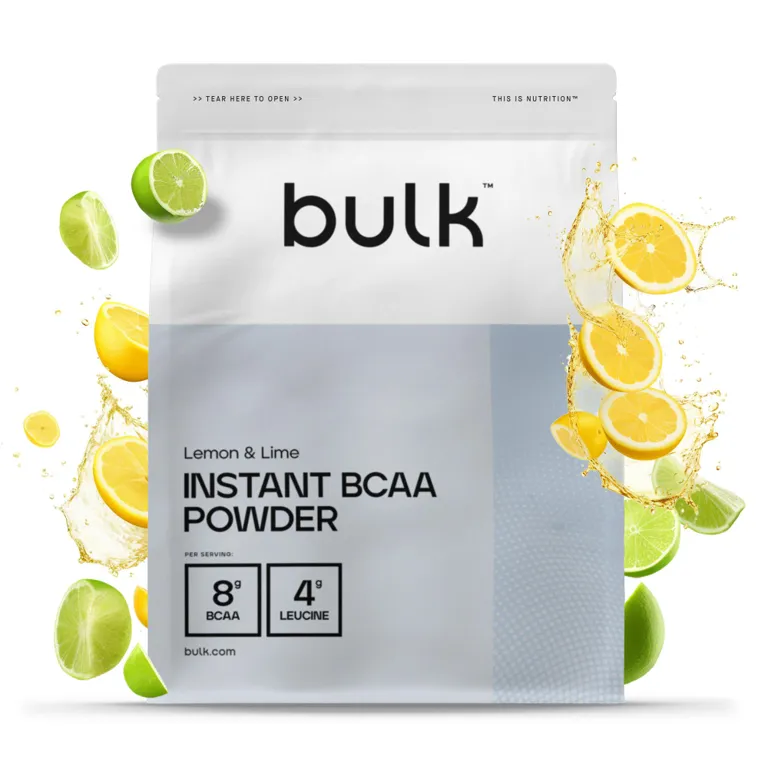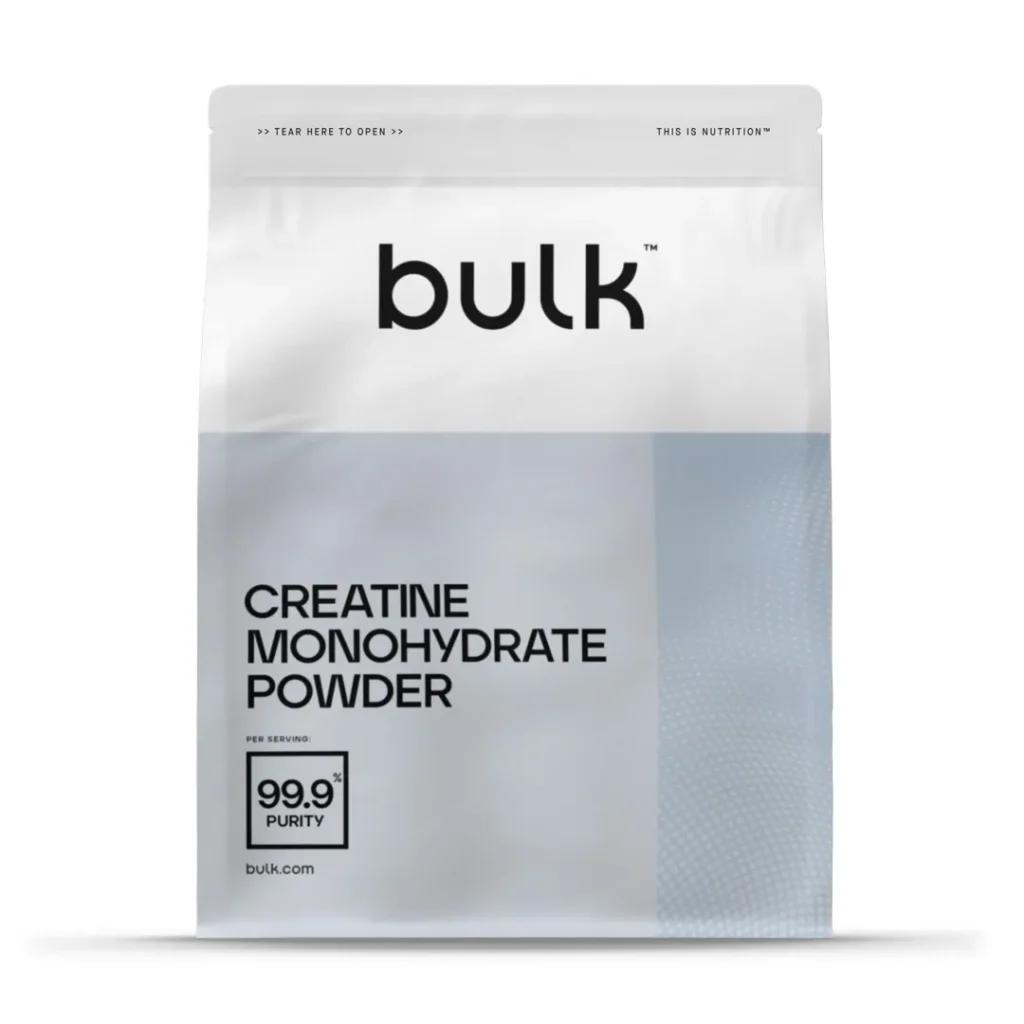Are you struggling to put on muscle and gain weight?
Whether you’re a hard gainer or just looking to pack on muscle mass, bulking up requires the right balance of nutrition, training, and supplements. In this guide, we’ll break down the essentials of how to bulk up safely and effectively.
Why Bulking is Essential for Muscle Growth?
Bulking is the process of eating in a caloric surplus (consuming more calories than you burn) to gain muscle mass. It’s essential for those who want to build strength, increase size, and improve overall fitness. But bulking is more than just eating more—it’s about consuming the right nutrients and following a structured workout routine.


Eat often
You have to eat every 2-4 hours during the day. Target for 3 balanced meals and 2-5 healthy snacks daily. This is one of the best and effective strategies for increasing calories, protein and nutrition, this will support you to gain weight. For example, if you eat 2-3 extra snacks and vitamins in addition to your routine intake throughout the day, this will definitely help you meet your need for additional calories and gain weight.
Best Bulking Tips for Fast Weight Gain
1. Eat in a Caloric Surplus
To bulk up, you need to eat more calories than your body uses in a day. This is called a caloric surplus. The extra calories provide your body with the fuel it needs to build new muscle tissue. Also, more calories can enhance workout performance by fueling your energy levels.
How Many Calories Should You Eat?
For effective muscle gain, aim to eat 250-500 more calories than your maintenance level. Use an online calorie calculator to estimate your daily needs based on your activity level and goals. everyone knows that bulking requires more calories than your body needs.
Focus on Nutrient-Dense Foods
Not all calories are created equal. While it’s tempting to eat anything and everything, focus on whole foods rich in protein, healthy fats, and carbohydrates. Avoid junk food and empty calories that lead to fat gain.
- Lean Proteins: Chicken, turkey, fish, eggs, and protein shakes.
- Complex Carbs: Brown rice, oats, sweet potatoes, and whole grains.
- Healthy Fats: Avocados, nuts, seeds, and olive oil.
- Vegetables: Potatoes, beans, peas, lentils, broccoli or corn
- Fruits: Bananas, mango, papaya, or dry fruits
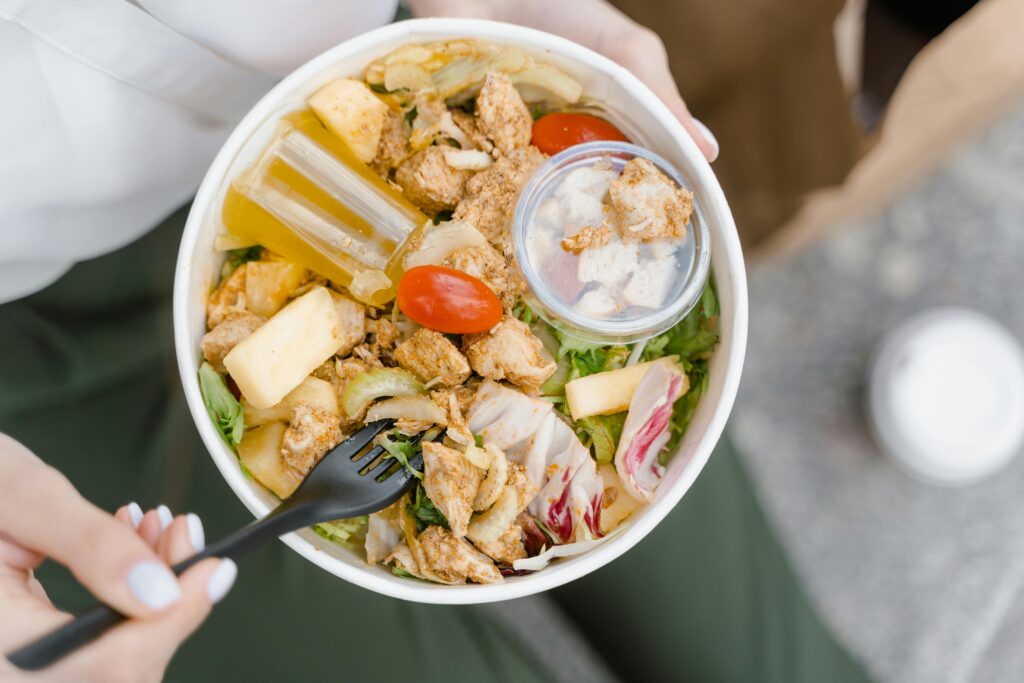
High protein and carb meal

Healthy snacks and high protein breakfast
Foods to Limit:
- Alcohol: Alcohol interferes with the body’s ability to build muscle, especially when drunk in excess.
- Fried foods: Having regular fried foods may increase the risk of heart disease and type 2 diabetes. It includes fried chicken, cheese curds, french fries, and fish and chips.
- Added sugars: Added sugar, which is common in desserts, cakes, candy and sugar-sweetened beverages, will have negative health effects when it is consumed more.
2. Increase Your Protein Intake for Bulking up
Protein is crucial for muscle repair and growth. And it is obvious that bulking requires more amount of protein. When you work out and lift weights, the muscles get damaged. The small micro-tears in the muscle created while exercising require raw material to grow back stronger and bigger. For our body to build muscle, it needs to be able to absorb more protein than it can break down. That is why having enough protein is a must in the bulking period. To maximize muscle gains, aim for 1.6-2.2 grams of protein per kilogram of body weight daily.
Pro Tip: These two products are perfect for your daily protein and carb needs—just take one or two scoops a day to support your bulking journey.
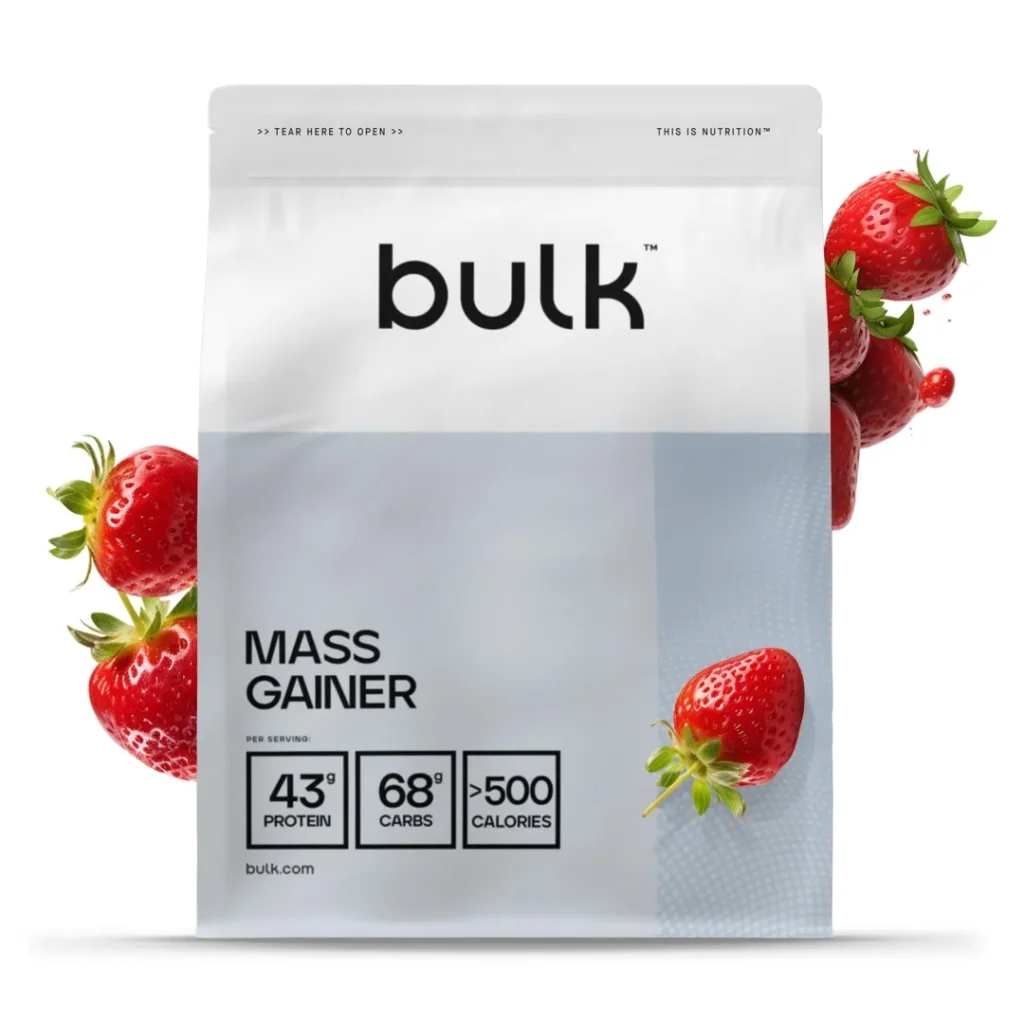
MASS GAINER
Bigger muscles, bigger appetite—Mass Gainer’s got you!
Take your bulking game to the next level with our best-selling Mass Gainer formula. Packed with over 500kcal per serving, it delivers a powerhouse blend of 43g protein, 65g carbohydrates, and 5g leucine to fuel muscle growth.
Your next big step toward serious gains starts here
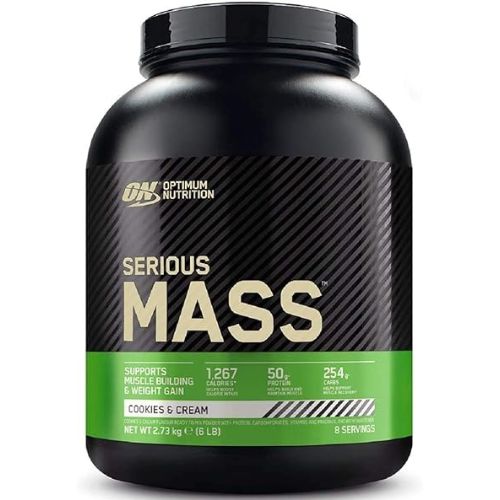
SERIOUS MASS GAINER
Serious Mass, serious gains, no joke!
Serious Mass is the ultimate low-fat mass gainer, offering over 1250 calories and 50g of protein per serving. It also contains 3g of Creatine Monohydrate to boost your performance. With no added sugars, just 5g of fat, this gainer contains 250g of carbs, Nutrients with 25 vitamins and minerals.
Push your limits—start building today
Best Sources of Protein for Bulking:
- Whey Protein: Quick-digesting, perfect for post-workout recovery.
- Casein Protein: Slow-digesting, great for overnight muscle repair like milk and cheese.
- Eggs: Packed with high-quality protein.
- Lean Meats: Chicken breast, turkey, and lean beef.
Do you want to see what we ate to gain muscle? Just see our breakfast and snacks that helped us a lot to build strong muscle.
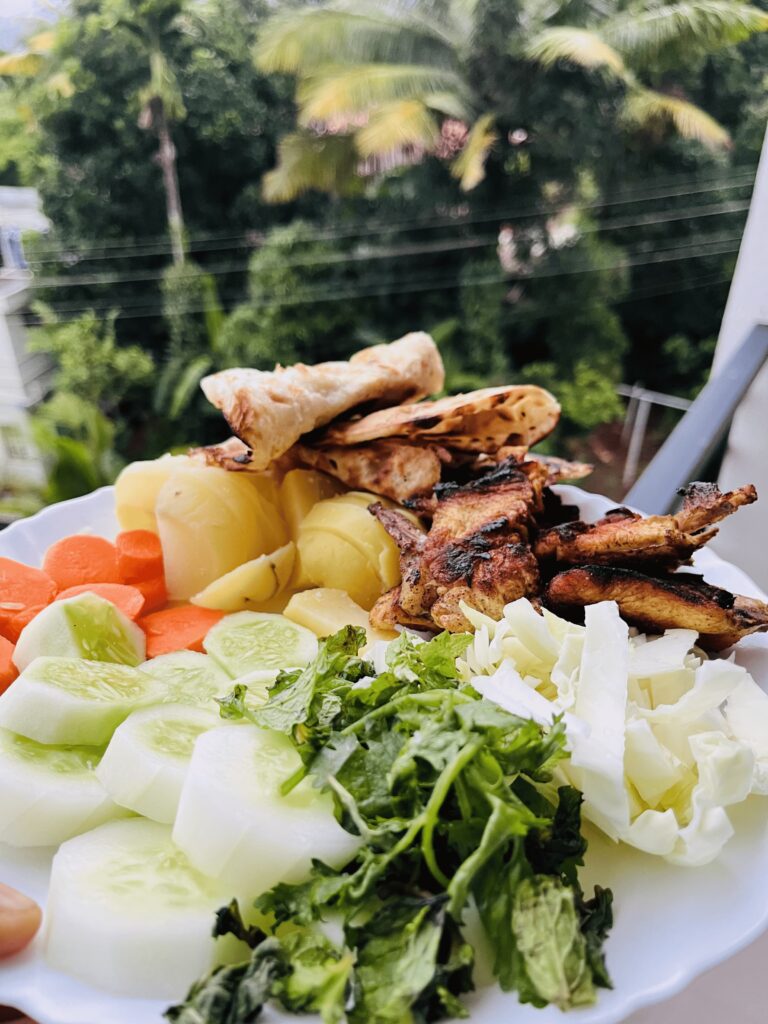
Complete bulking breakfast
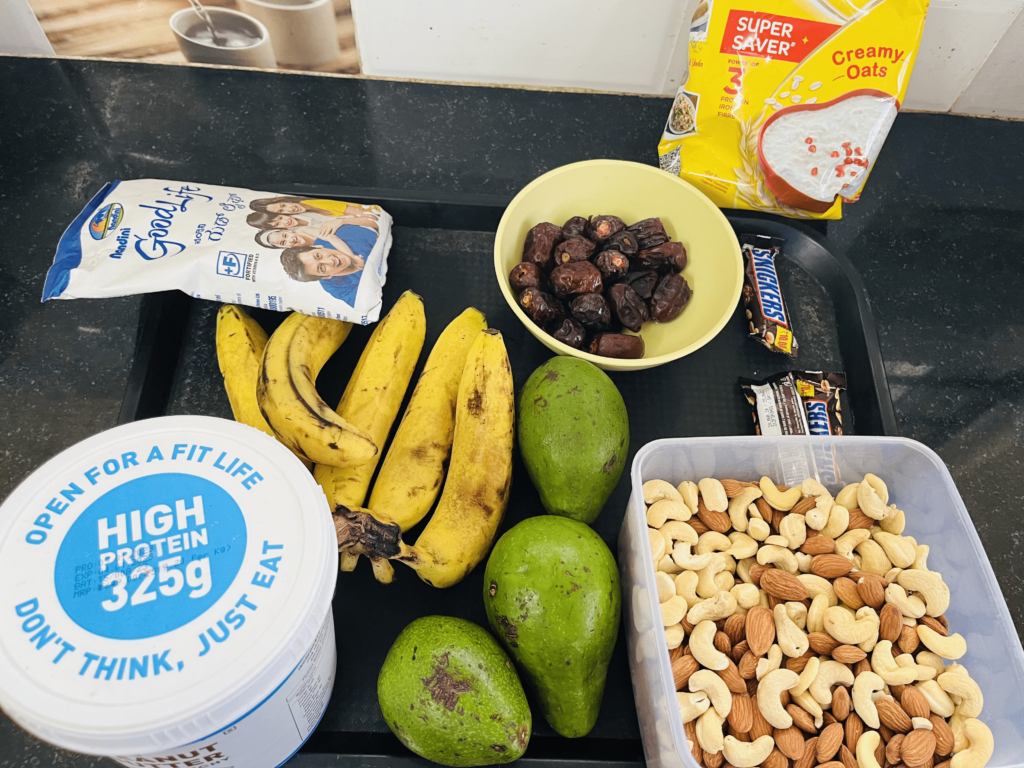
Best evening snack
Add grains and vegetables that are relatively high in protein to your diet. While they aren’t as protein-rich as meat or supplements, they can help you reach your daily goal. Such as buckwheat, edamame, broccoli, spinach, and Brussels sprouts.
Timing Your Protein Intake
- Pre-Workout: Eating protein before exercise helps preserve muscle mass.
- Post-Workout: A protein-rich meal or shake within 30-60 minutes after a workout can support muscle recovery.
- Evenly Distributed: Spreading protein intake across meals is often more effective than loading up on just one meal.
Pro Tip: For pure muscle gain, these two products are best—Informed Mass Gainer provides 65% protein for each serving, while MyProtein Impact Whey delivers a balanced mix of protein and carbs to support your bulking goals.
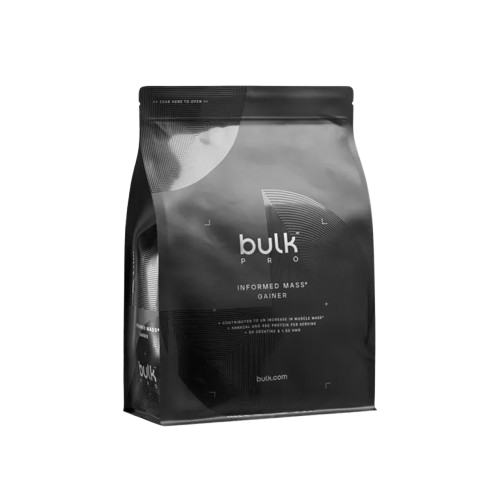
INFORMED MASS GAINER
Muscle up, buttercup—Skip the excuses
The very best mass gain supplement from Bulk, designed for professional athletes and serious trainers. It contains 45g of protein per serving, over 550 kcal per 150g serving, 75g of high-quality carbohydrates per serving and other ingredients.
“Your muscles are calling me—answer the call!
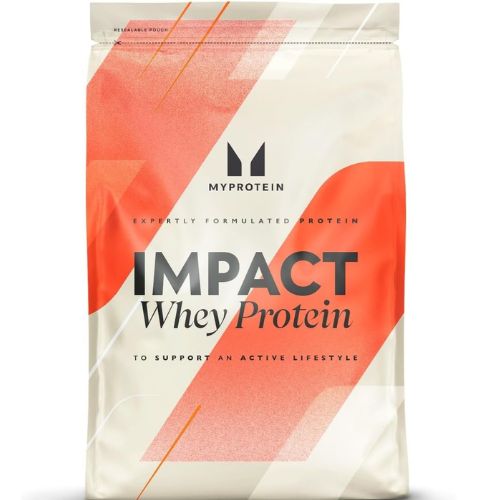
IMPACT WHEY PROTEIN
Muscles don’t grow on air, but they do grow on this!
Impact Whey Protein provides 23g of high-quality protein per serving to support muscle growth and recovery. With only 114 calories, 1.9g of fat, and 1.8g of carbs. Packed with essential amino acids and BCAAs, it aids in muscle repair and growth. Choose from over 40 flavors
Deliciously powerful, just like your muscle!
3. Follow a Muscle-Building Workout Plan
To bulk up, you need to lift heavy and follow a strength-training routine. Focus on compound exercises that work for multiple muscle groups at once. These include:
- Squats
- Deadlifts
- Bench Press
- Pull-Ups
- Overhead Press
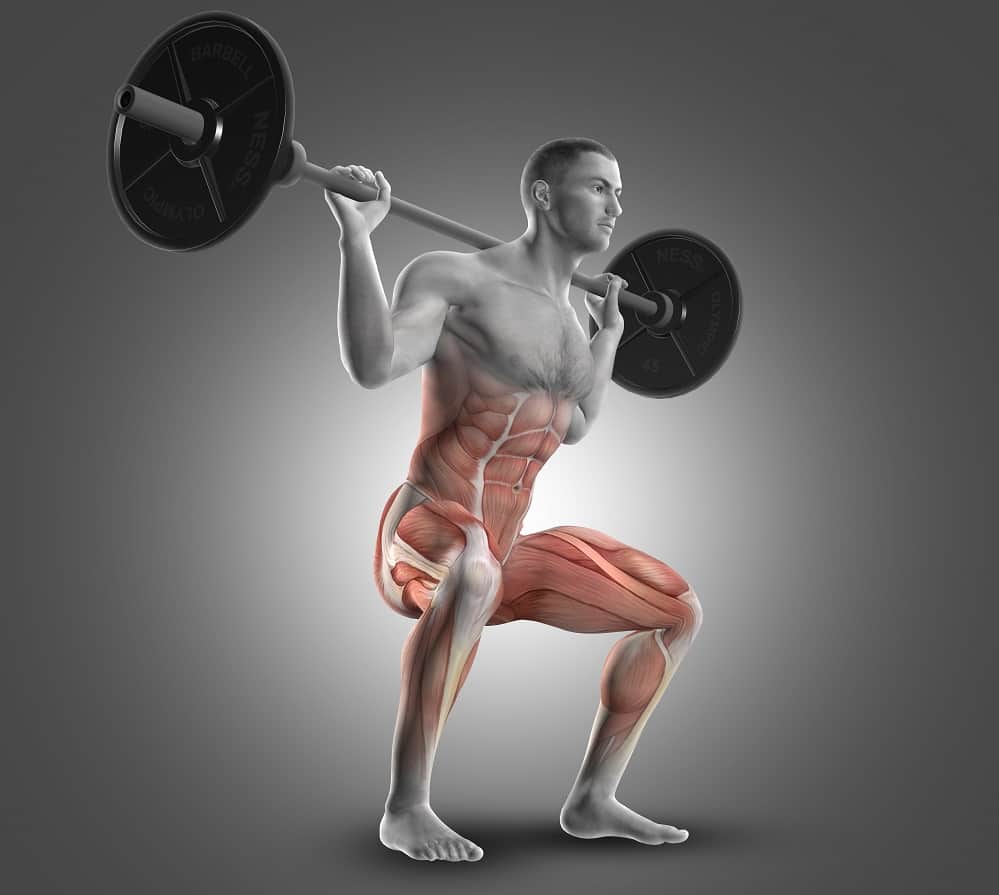
Squats

Bench press

Deadlifts
These movements stimulate the greatest hormonal response (like testosterone and growth hormone), which supports muscle growth.
Progressive Overload
The key to gaining muscle is progressive overload—gradually increasing the weight, reps, or sets to challenge your muscles. Aim to work out 4-5 days a week, focusing on different muscle groups each session.
Research suggests that training each muscle group multiple times a week results in better muscle growth compared to training each once a week.
Split routines: Follow either a push/pull/legs split, upper/lower body split, or full-body workout routine to hit muscles more frequently.
Pro Tip: Track your workouts to ensure you’re consistently improving.
4. Use the Right Supplements
Using the right supplements in bodybuilding can enhance muscle growth, recovery, and overall performance when combined with proper training and nutrition. Supplements can support your bulking efforts, but they should never replace a healthy diet. Here are the best supplements for bulking:
- Creatine Monohydrate: Creatine is one of the most researched and effective supplements for increasing muscle mass, strength, and exercise performance.
- Protein: Protein is crucial for muscle repair and growth, and supplements can help ensure you’re meeting your daily protein requirements, especially during bulking. In short, it helps meet daily protein requirements.
- Mass Gainers: Provide extra calories and nutrients for hard gainers.
- Multivitamins: Intense bodybuilding training increases nutrient demands, and a high-quality multivitamin can help fill any nutritional gaps, ensuring your body functions optimally. It supports immune function and energy metabolism.
Pro tip: For recovery and reduce muscle fatigue, Instant BCAA is perfect during or after your workout.
Pro tip: For boosting strength and performance, Creatine is essential— pre or post workout.
Choosing the right supplements can optimize muscle growth, performance, and recovery during your body-building journey. However, it’s important to remember that supplements should complement a well-structured diet and training plan, not replace them. Always prioritize whole foods and a balanced or optimum nutrition plan while using supplements to fill in any gaps.
5. Prioritize Rest and Recovery
Rest and recovery are often overlooked but essential for muscle growth. During rest, your body repairs muscle tissue and builds new muscle. Make sure to get 7-9 hours of sleep per night and take rest days between workouts.
Building muscle and improving strength don’t just happen in the gym; they occur during periods of rest and recovery
During Exercise: When you lift weights, you create microscopic tears in your muscle fibres.
During Recovery: These tears are repaired during rest, which is how muscles grow stronger and larger. The body uses nutrients (especially protein) to repair and build muscle tissue, but this process only happens during periods of rest, particularly during sleep
Pro Tip: Incorporate recovery tools like foam rollers or massage guns to reduce soreness and improve muscle repair.
Common Bulking Mistakes to Avoid
1. Overeating Junk Food
While it’s tempting to eat whatever you want, excess junk food can lead to unwanted fat gain. Stick to nutrient-dense, whole foods for better results.
2. Skipping Cardio
Many believe cardio should be avoided while bulking, but a little cardio can help maintain heart health and prevent excessive fat gain.

Cardio is must
3. Inconsistent Training
Muscle growth requires consistency. Stick to your training plan, gradually increase weights, and avoid skipping workouts.
Bulking up requires patience, dedication, and a well-rounded approach. By eating in a caloric surplus, focusing on protein-rich foods, following a strength-training routine, and using the right supplements, you can gain muscle and weight efficiently.
In short, bulking is the process of gaining body weight and muscle by consuming more calories and regularly engaging in strength training over a set period.





